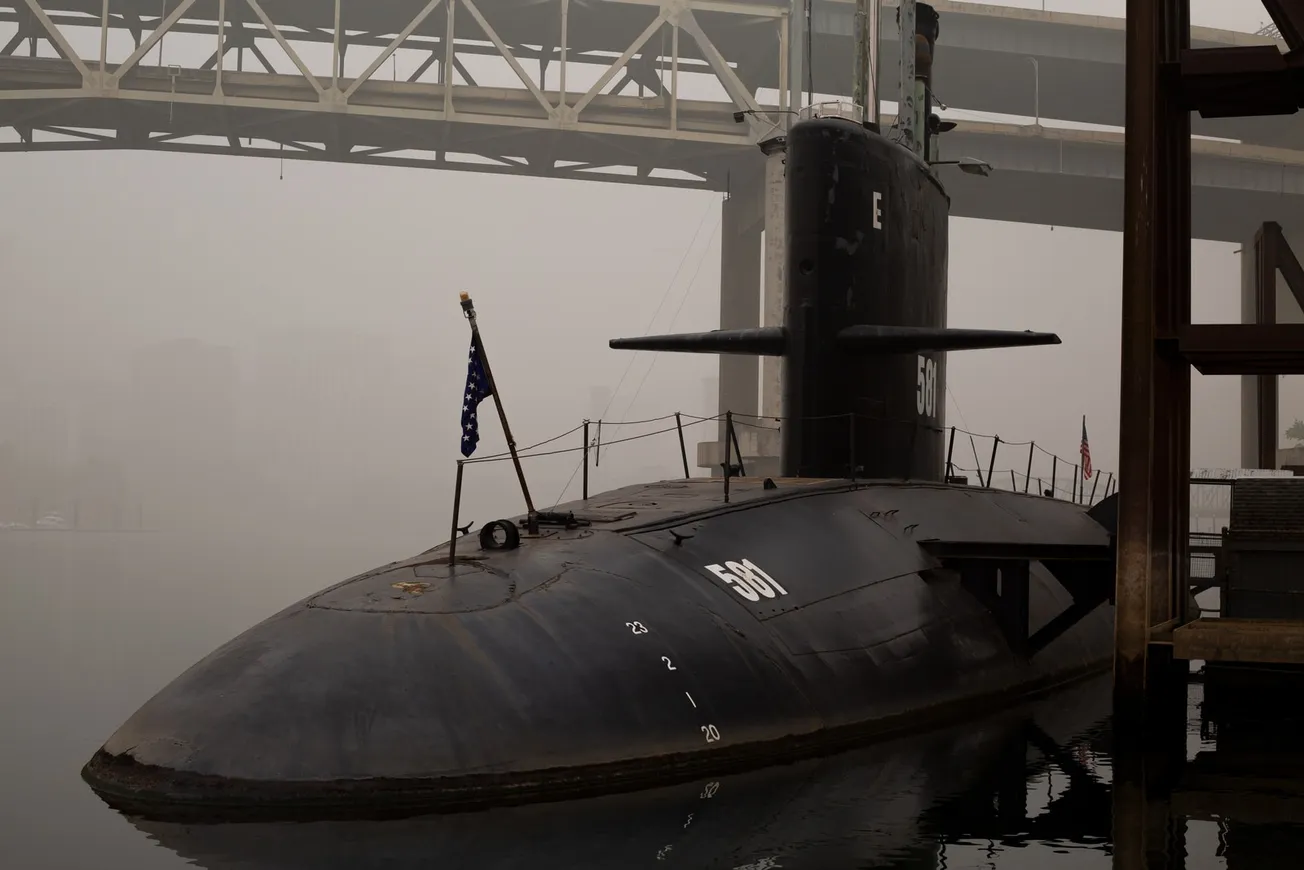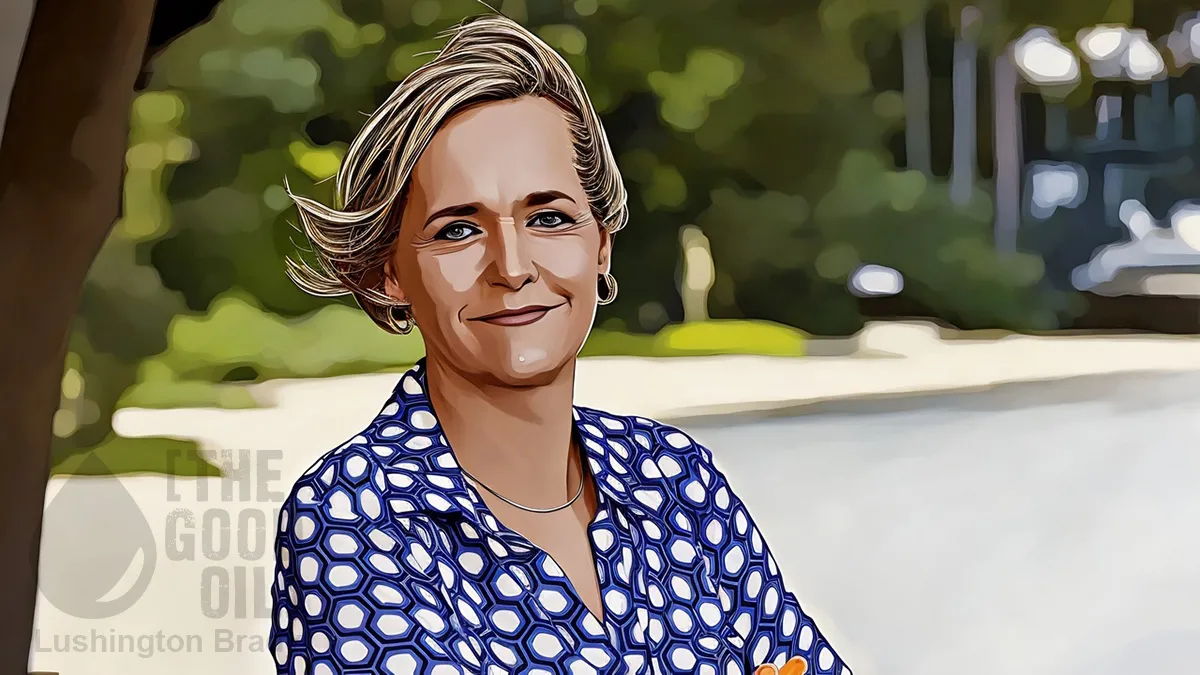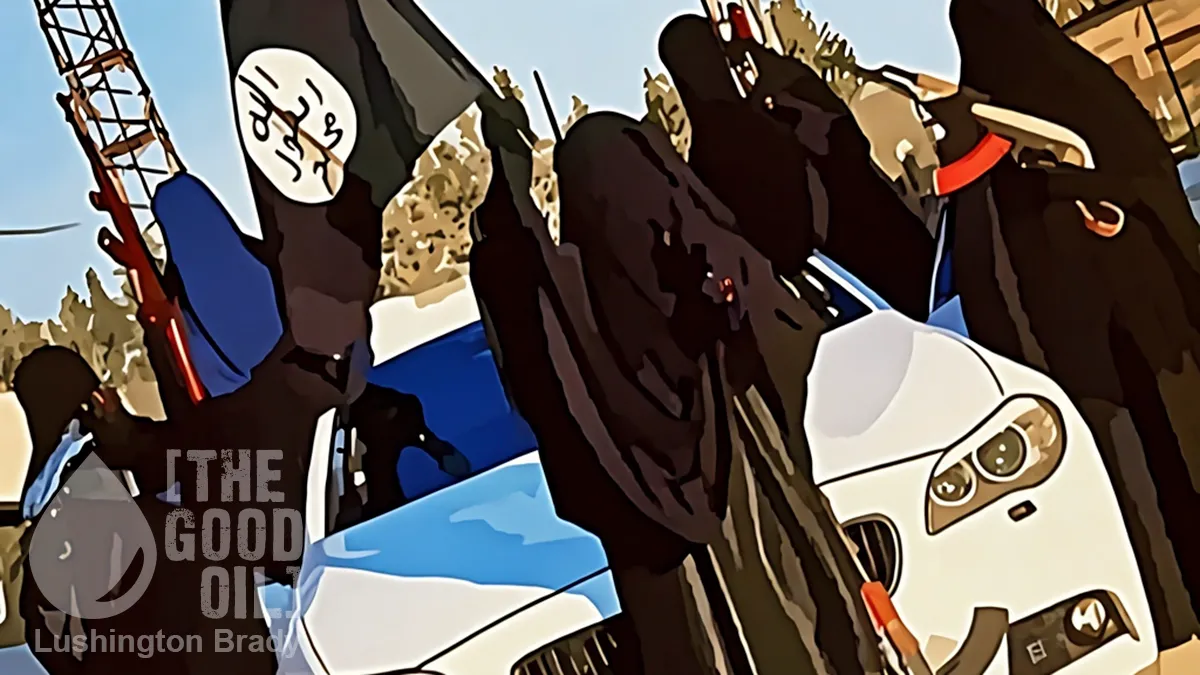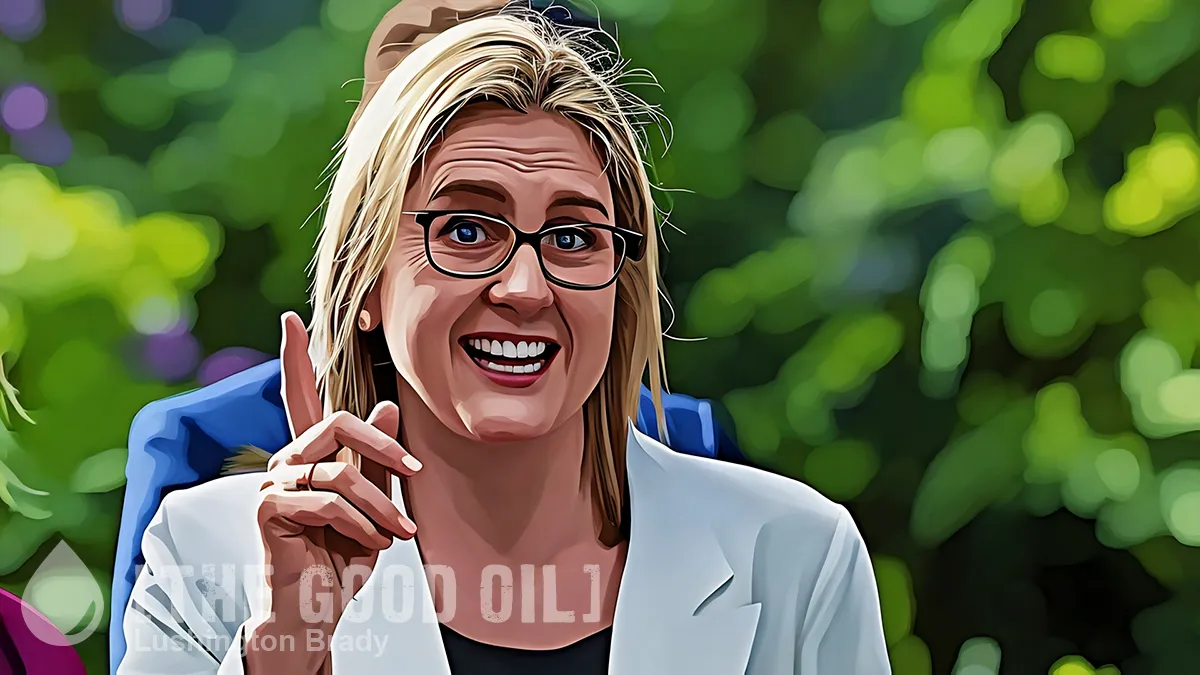Table of Contents
There is very little I’ll credit the Albanese government for, but one faint praise I’ll damn them with is that at least they haven’t scuttled the AUKUS deal. In doing so, it’s swimming against some very powerful internal tides.
After all, China was clearly hoping for a Labor win: they threw not only their diplomatic weight but literal shopping bags of cash into bankrolling Labor candidates. Internally, the ALP’s powerful hard left lobby is inherently sympathetic to communist China. Externally, a honking chorus of useful idiots and greedy Quislings, from the universities to big business, have been relentlessly pushing the pro-China line. These include not just mining billionaires totally dependent on China’s thirst for iron ore, but former Labor PMs on the payroll of Chinese entities.
More importantly, AUKUS and its attendant nuclear subs deal was the work of Scott Morrison. It must be killing Anthony Albanese to admit that it was the right thing to do.
But, lest anyone doubt that AUKUS was a necessary idea, China’s furious reaction should leave no doubt. Rule of thumb: if China hates it, it’s probably a good thing — and AUKUS has sent China right back into incandescent bully mode.
Rule of thumb: if China hates it, it’s probably a good thing.
Chinese experts have warned that Australia has “officially put itself on Beijing’s defence radar” with its $368bn plan to build nuclear powered submarines with the United States and United Kingdom.
Government-linked academics and military officials said Australia’s mammoth defence acquisition was putting the country on the “frontline” of America and China’s strategic competition, which they said would worsen Canberra’s already strained relationship with its biggest trading partner.
Because, y’know, China has treated Australia with such respect for the last few years.
But, who are these “China experts”? Surprise, surprise: a roster of regime mouthpieces.
Chen Hong, president of the Chinese Association of Australian Studies and director of the Australian Studies Centre at East China Normal University, said the AUKUS arrangement was a “time bomb for peace and stability in the region”.
“Continuing promoting the alliance means that Australia will officially put itself on Beijing’s defence radar,” Professor Chen told China’s nationalistic tabloid the Global Times.
Chinese military expert Song Zhongping told the party-state masthead that Australia had become a “de facto offshoot of the US nuclear submarine fleet”, which elevated risks for Australian forces.
“The US wants to make Australia its frontline military base in the Indo-Pacific region and let its allies foot the bill,” Mr Song said.
A leaked Chinese database in 2020 listed millions of alleged CCP members, including some who’d embedded themselves at the highest levels of Australia’s civic structure. No surprise: Chen Hong was on the list. Hong had already had his visa revoked, flagged by ASIO as a security risk. Song Zhongping is a former PLA instructor.
Yet, here they are, still floating around in the fetid bowl of pro-China advocacy in Australia.
Who else is being quoted, in this roster of “China experts” trying to drive a wedge between Australia and its most important ally?
Zhou Bo, a retired Senior Colonel of the People’s Liberation Army […] a senior fellow of the Centre for International Security and Strategy at Tsinghua University.
The Australian
Next up: Joachim von Ribbentrop, on why the Anti-Comintern Pact is such a great deal for world peace.









